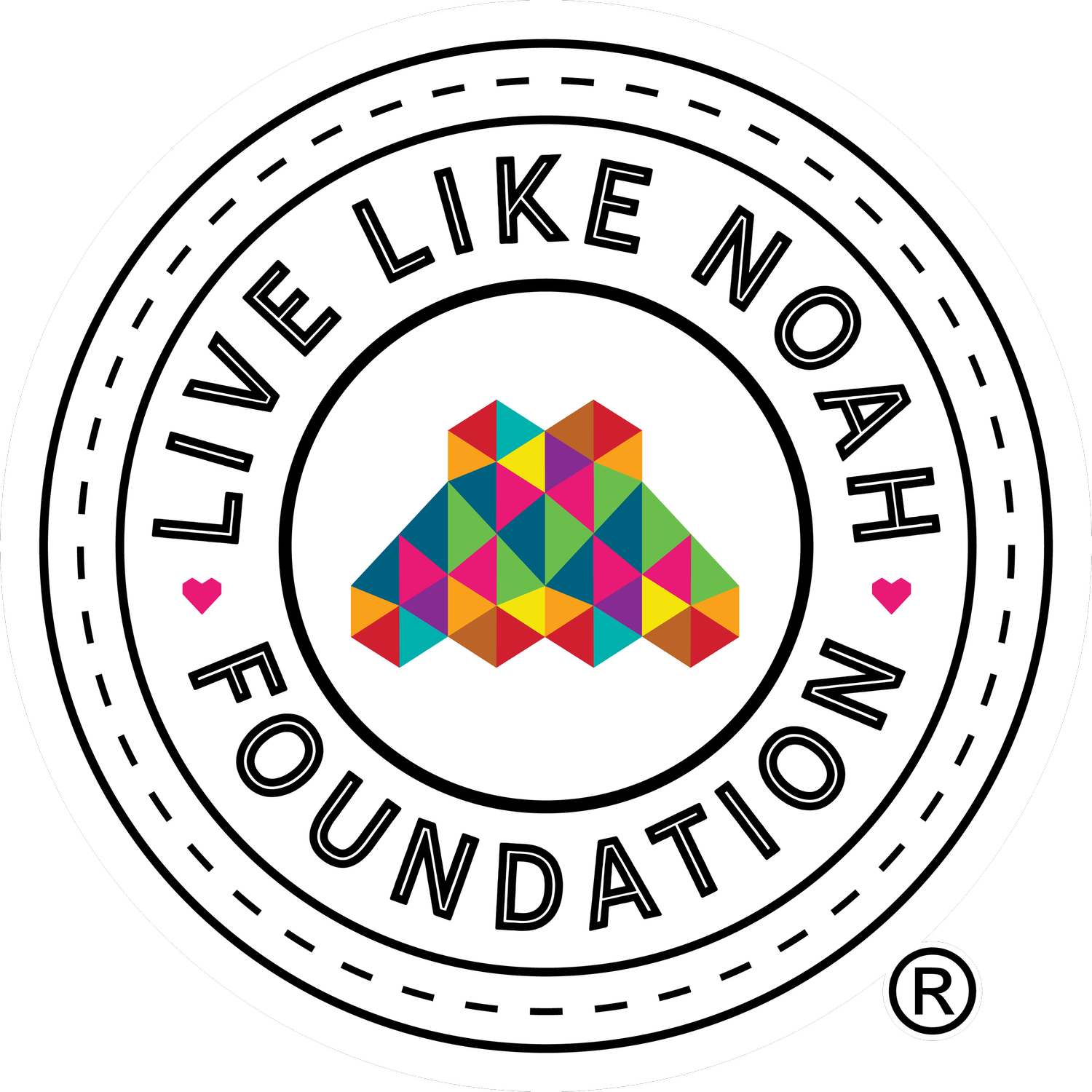The Story
Manda and the Fish is a story about a young, Native American girl, who yearns to fish like her father and brothers, but designated gender roles in her tribe keep her from exploring this dream. One morning, Manda sets out to prove that anyone should be able to fish. Little does she know how her actions that day will ultimately affect her and everyone else in her tribe.
Readers are introduced to the resilient and fearless character, Manda. Through her journey, Manda showcases qualities reminiscent of Noah, highlighting strength, courage, and a deep sense of adventure. Even at the young age of 11, when Noah wrote this story, she felt it was important to showcase female empowerment in her characters.
Cultural Competency
First, what is cultural competency? It’s meaning can vary depending on what is being spoken about. Health care, education, government policy making, and more. But for us, the definition by the American Library Association works well. Cultural competency is the acceptance and respect for diversity, continuing self-assessment regarding culture, and the ongoing development of knowledge, resources, and service models that work towards effectively meeting the needs of diverse populations. For us, this meant having Noah’s story reviewed by an Oneida expert to ensure we were portraying the Oneida Indian Nation respectfully and accurately within the story, characters, world and art.
Collaborating with the Oneida Indian Nation
There’s no better expert than the Oneida Indian Nation, itself, and this is where our collaboration took place to ensure Manda was reviewed for cultural competency. We worked closely with a team that reviewed the story, character names, and concept art for accuracy. Through this review we also had the opportunity to use the Oneida words “Lion” and “Eagle”, which are the names for Manda’s brother, something Noah would have greatly appreciate. We were also given audio files with key names being spoken, by a Oneida language instructor, to help the reader learn how to say the names correctly. While there were small revisions, the overall story and visuals remained the same, and we felt more confident in publishing the book knowing the Oneida Indian Nation has done a thorough review.
Pronunciation Guide
The guide below can help you understand how to pronounce several names within Manda. The audio files were created by the Oneida Indian Nation language instructor.
About the Author
Noah Bella Michaelis is also the author of Hop’s Case of Being Different, which has been distributed to children’s hospitals throughout the United States and Canada. Noah’s love of history and Native American people led her to write Manda and the Fish when she was only eleven years old. She left this Earth far too soon on January 3, 2017, at the age of thirteen, due to complications from congenital heart disease. She is survived by her parents and her younger brother, Henry.
About the Illustrator
Claudia Pardo is a painter, illustrator, and arts educator. Born in Lima, Perú, Claudia spent her childhood drawing, painting, and assembling short stories she wrote into miniature books. As an only girl growing up with three brothers, Claudia identifies with Manda's quest to defy conventions. She is also inspired by the author's own story of formidable bravery. Claudia's work appears in editorials, product packaging, publications, greeting cards, and websites. She received her Master of Art from California State University, Northridge, and lives with her family in Ventura, California.








